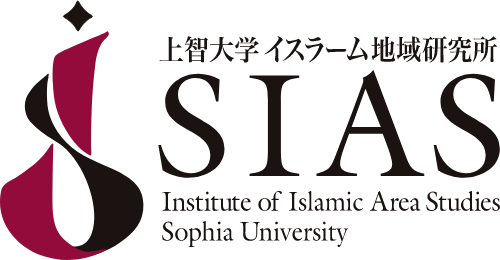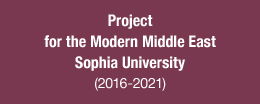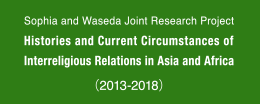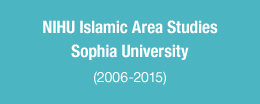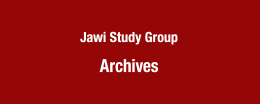Internatinal Workshop of SIAS, JSPS JP21H03719 and JSPS JP22H03846
Muslim Piety as Economy: Markets and Mobilities
Friday January 19, 2024
Muslim Piety as Economy: Markets and Mobilities
Friday January 19, 2024
The Institute of Islamic Area Studies at Sophia University, in collaboration with two JSPS Grants-in-Aid for Scientific Researches B "A Study of Tourism Experiences and 'Context Practices' in Islamic Tourism" and "Standardization of Halal Standards and Dynamics of Diversity in the Global Era" will hold an International Workshop in English on Friday, January 19, 2024.
14:00-14:15 Opening Remarks: YASUDA Shin (Takasaki City University of Economics)
14:15-15:15 Johan FISCHER (Roskilde University, Denmark)
Keynote Speech: "Muslim Piety as Economy: Markets and Mobilities"
15:30-16:15 Comments and Discussion
16:15-16:30: Closing Remarks: SAI Yukari (Chiba Institute of Technology)
This talk takes as its starting point the edited volume Muslim Piety as Economy: Markets, Meaning and Morality in Southeast Asia (Routledge 2019). In this volume Muslim piety is explored as a form of economy, including specific forms of production, trade, regulation, consumption, entrepreneurship and science that condition – and are themselves conditioned by – Islamic values, logics and politics. With a focus on Southeast Asia as a site of significant and diverse integration of Islam and the economy – as well as the incompatibilities that can occur between the two – it reveals the production of a Muslim piety as an economy in its own right. The book considers issues such as the Qur’anic prohibition of corruption and anti-corruption reforms; the emergence of the Islamic economy under colonialism; ‘halal’ or ‘lawful’ production, trade, regulation and consumption; modesty in Islamic fashion marketing communications; and financialization, consumerism and housing. I shall use Malaysia as a case country in which the above trends are prominent: I present an overview of my current and previous work on Islam and economy in Malaysia across multiple scales from the state and the market to religious organizations and individual consumers, but also move beyond the national scale to explore global Muslim tourism, travel cultures and mobilities.
